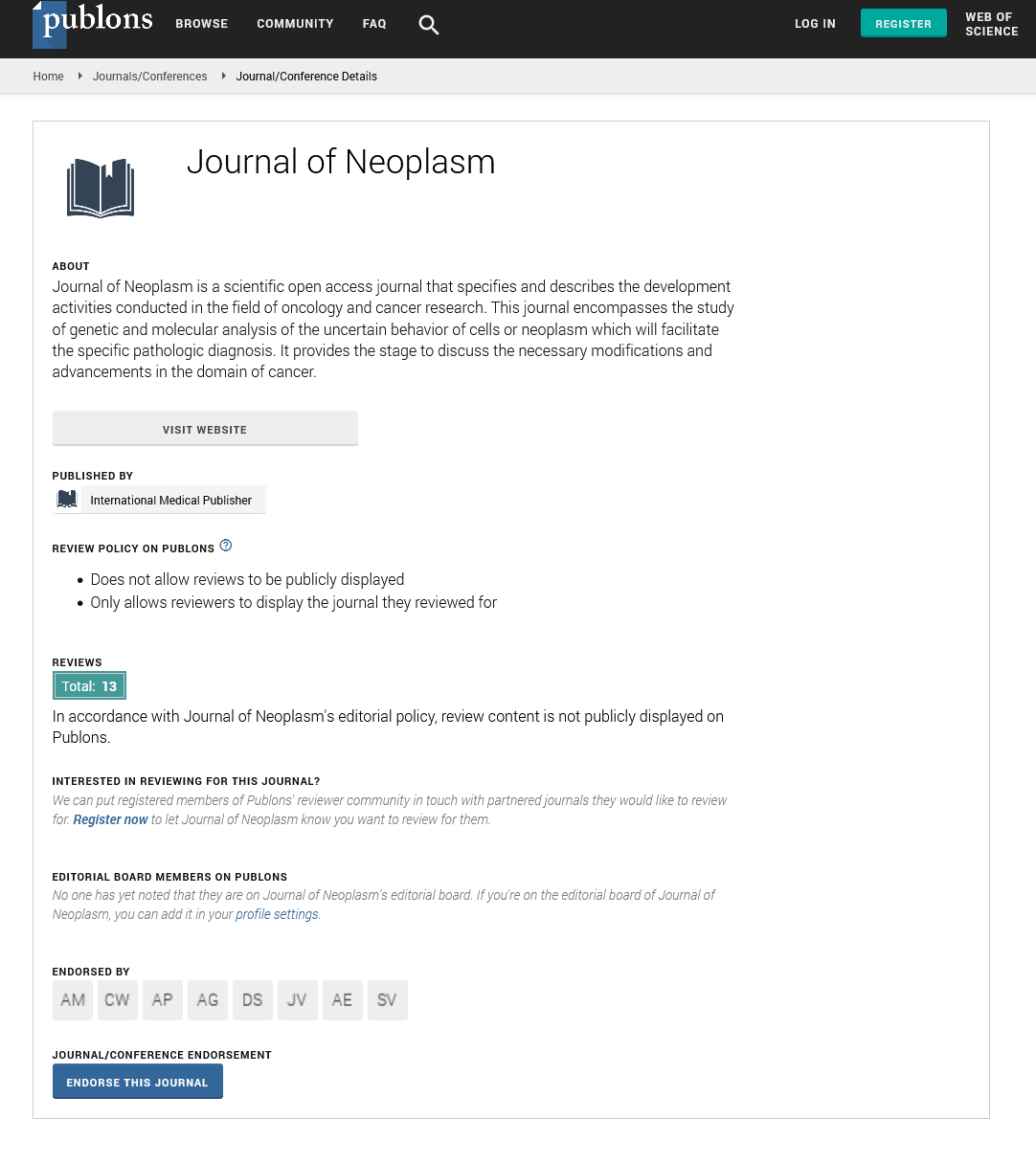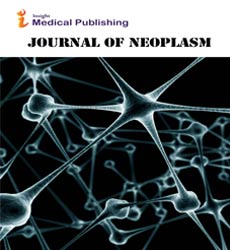Abstract
The Emerging Role of NOD-like Receptors in Colorectal Cancer
Colorectal cancer (CRC) is the third most common cancer and fourth leading cause of cancer-related death worldwide. The major CRC susceptibility genes and pathways include WNT, RAS-MAPK, PI3K, TGF-β, P53 and DNA mismatch repair pathways. Despite our knowledge of genetic predispositions to CRC, the detailed mechanism of CRC pathogenesis is poorly defined. This is due to the heterogeneous nature of CRC and its association with multiple other factors, including inflammation, gut microbiota and diet. A growing body of evidence suggests that dysregulated immune responses in the gut orchestrate the multistep process of colorectal tumorigenesis [1-3]. Immune dysregulation in the gut is initiated by the interaction of immune cells with gut commensal bacteria when the intestinal epithelial barrier is breached, allowing commensal bacteria to invade the lamina propria.
Author(s):
Hasan Zaki
Abstract | Full-Text | PDF
Share this

Google scholar citation report
Citations : 144
Journal of Neoplasm received 144 citations as per google scholar report
Journal of Neoplasm peer review process verified at publons
Abstracted/Indexed in
- Google Scholar
- China National Knowledge Infrastructure (CNKI)
- Publons
- Secret Search Engine Labs
Open Access Journals
- Aquaculture & Veterinary Science
- Chemistry & Chemical Sciences
- Clinical Sciences
- Engineering
- General Science
- Genetics & Molecular Biology
- Health Care & Nursing
- Immunology & Microbiology
- Materials Science
- Mathematics & Physics
- Medical Sciences
- Neurology & Psychiatry
- Oncology & Cancer Science
- Pharmaceutical Sciences


